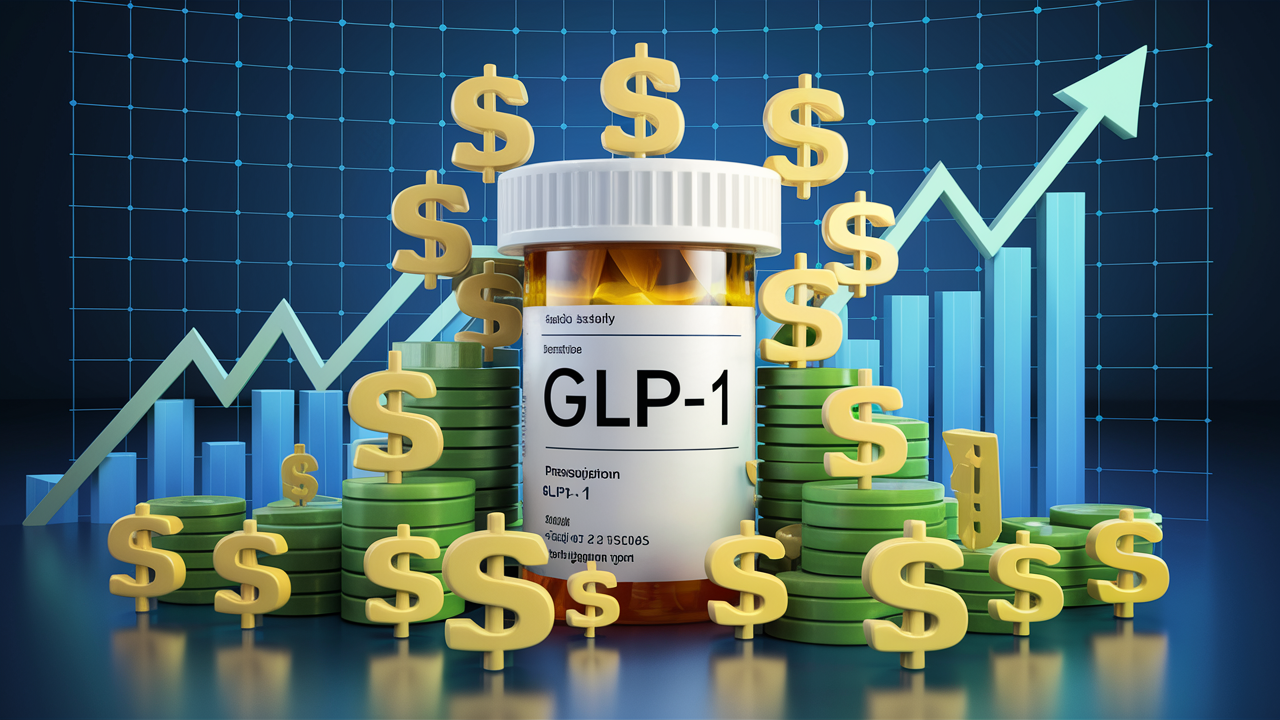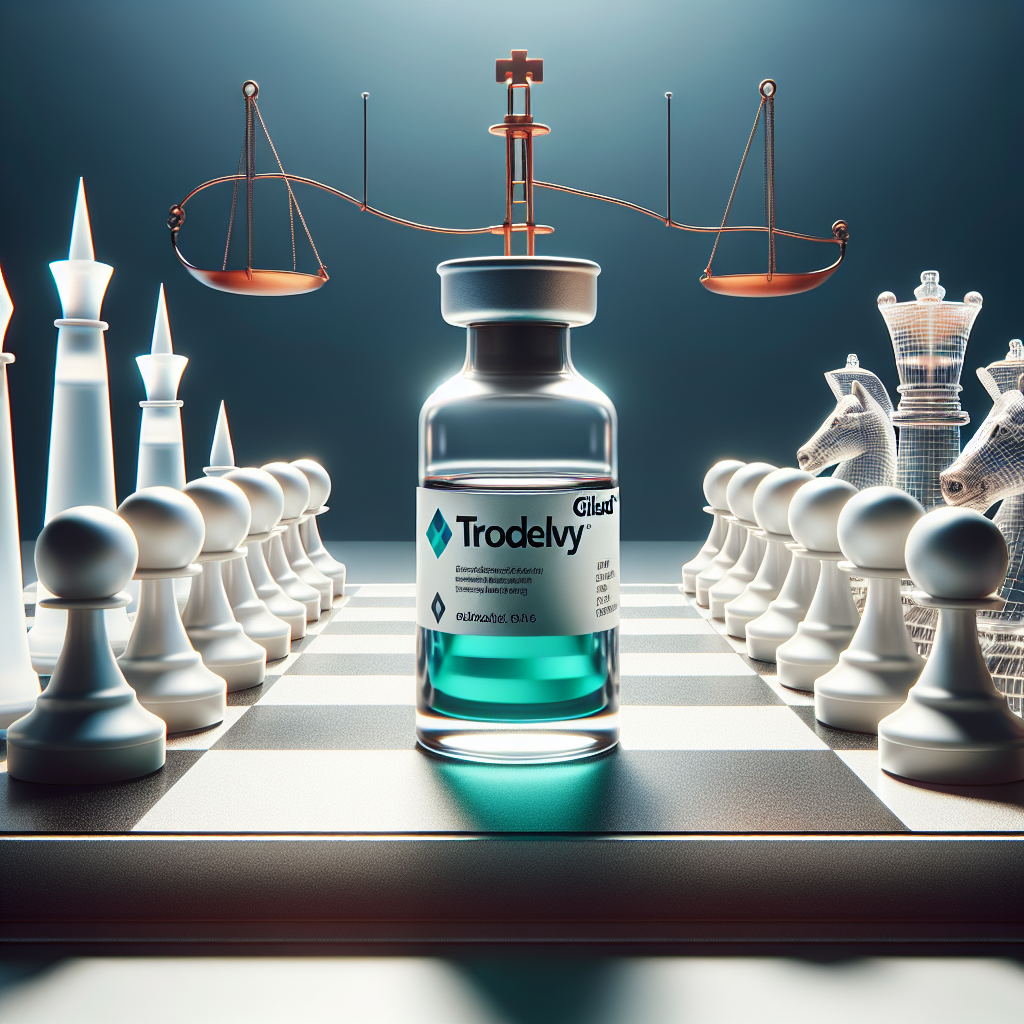Eli Lilly (LLY) has ignited a rally on Wall Street after reporting second-quarter financial results that far exceeded analyst expectations. The pharmaceutical giant posted revenue of $11.3 billion, surpassing estimates by a significant 13%. This marks a robust 36% year-over-year increase, driven primarily by the meteoric rise of its diabetes and weight management drugs, Mounjaro and Zepbound. Combined sales for these two blockbuster treatments reached an impressive $4.3 billion, eclipsing Wall Street’s forecast of $3.2 billion.
The company’s strong performance comes as the U.S. Food and Drug Administration removed both Mounjaro and Zepbound from its drug shortage list, signaling an easing of supply constraints that had previously hampered growth. Buoyed by this momentum, Lilly has raised its full-year revenue guidance for the second time this year, now projecting between $45.4 billion and $46.6 billion. This represents a substantial $5 billion upward revision from its initial forecast.
Investors have enthusiastically embraced the news, sending LLY shares soaring over 10% in early trading. Mizuho’s health sector analyst, Jared Holz, hailed the results as exceptional, asserting that they should dispel any concerns about the drugs’ uptake rates. Holz noted that while many investors had adopted a cautious or even bearish stance due to valuation and expectation pressures, Lilly’s performance is a rare example of a large-cap pharma company delivering such outstanding results.
Beyond the current surge in demand for GLP-1 drugs, Lilly is actively pursuing additional growth avenues. The company is developing a pill form of its GLP-1 treatment, orforglipron, and exploring expanded indications for Mounjaro and Zepbound. These initiatives could further boost sales by increasing patient access and insurance coverage.
JPMorgan analyst Chris Schott believes Lilly’s success story is far from over. He highlighted the company’s strong prospects, citing factors such as increased production capacity for injectables, the impending launch of orforglipron, and anticipated positive outcomes data that could broaden the use of obesity medications. Schott considers Lilly to be a top pick in the pharmaceutical sector.
Key Takeaways
- Eli Lilly delivered a strong second-quarter earnings beat, driven by robust sales of Mounjaro and Zepbound.
- The company raised its full-year revenue guidance significantly.
- Supply constraints for Mounjaro and Zepbound have eased.
- Lilly is actively pursuing new opportunities to expand its GLP-1 franchise.
- Analysts are bullish on Lilly’s future prospects.
Conclusion
Lilly’s exceptional second-quarter performance, coupled with its promising pipeline and strategic initiatives, has solidified its position as a leading player in the pharmaceutical industry. The company’s ability to capitalize on the growing demand for GLP-1 drugs, while simultaneously exploring new avenues for growth, positions it well for continued success. Investors are understandably enthusiastic about Lilly’s prospects, and the stock’s strong performance reflects this optimism.
















